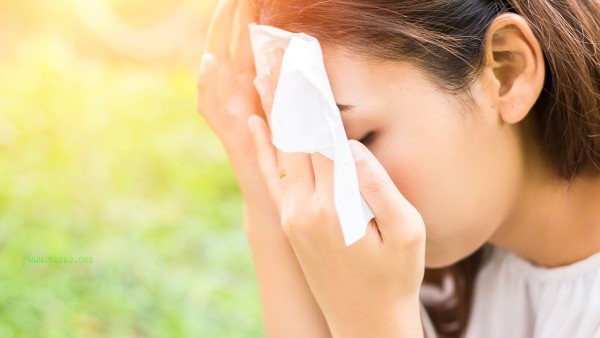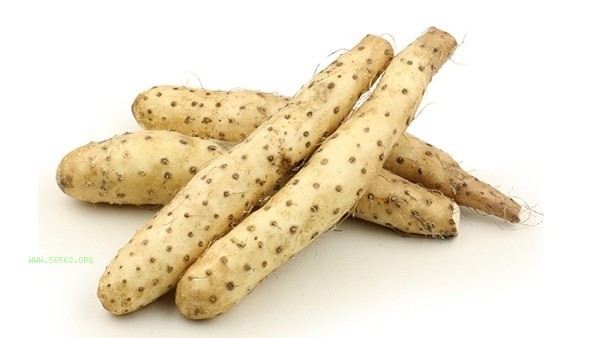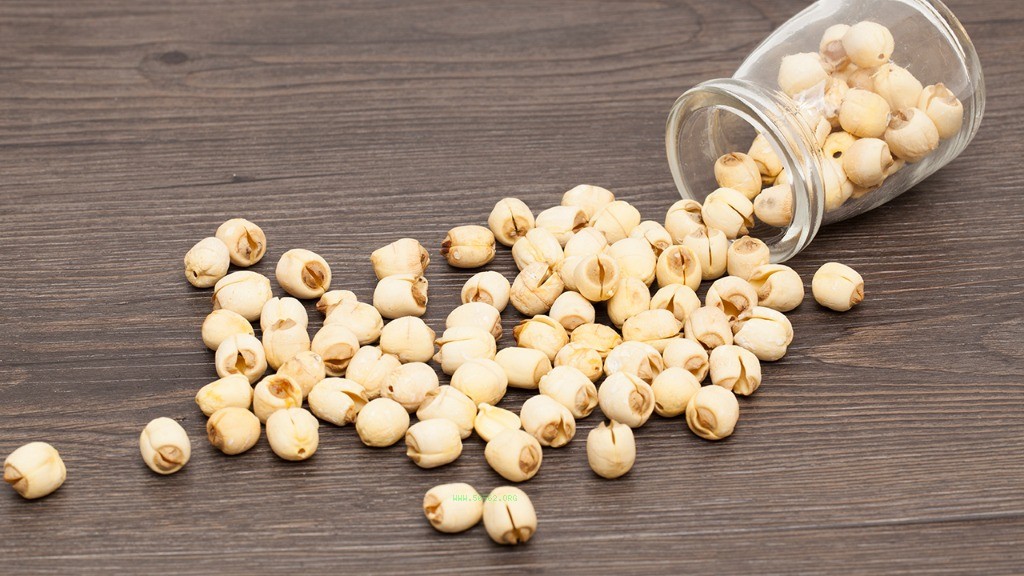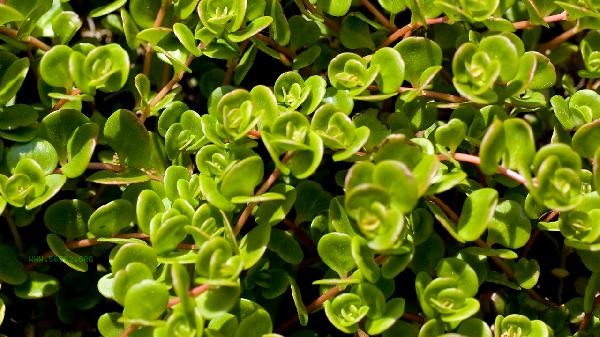The name "dampness" is probably well-known now. Everyone loves to drink Chenpi Coix seed tea to relieve dampness. Firstly, it is said that dampness can help with weight loss. Secondly, as long as you log in to online shopping platforms, you will be recommended many dampness removing products. But the effect after use is often unsatisfactory, even after purchasing many boxes and drinking them, there is no effect. At this point, someone stepped forward and said that the concept of "moisture" is wrong! 60% of the human body is water, how can it be completely expelled?
You have misunderstood this. The concept of "dampness" in traditional Chinese medicine and the amount of water contained in the human body are not exactly the same. As for why it is ineffective, there are many reasons. It may be due to insufficient medication, insufficient dampness at all, or incorrect diagnosis and use of the wrong medicine. What exactly is moisture?

Firstly, it is a concept in traditional Chinese medicine, also known as dampness evil. According to the six exogenous pathogens and the five endogenous pathogens, it can be divided into external dampness and internal dampness.
External dampness belongs to the category of six external factors, which is easier to understand. It means that if we often live in cold and humid environments, we are more susceptible to the invasion of natural dampness.
"Yellow Emperor's Inner Canon: Su Wen": The combination of wind, cold, and dampness creates Bi Ye. This' bi 'is caused by the invasion of external wind, cold, and dampness pathogens into the human body, often resulting in joint and muscle soreness, numbness, heaviness, and other symptoms.
Internal dampness belongs to the category of endogenous five evils, which needs to be understood using traditional Chinese medicine theory. It does not refer to the part of water contained in the body, but rather a pathological product. Traditional Chinese Medicine believes that the spleen has the ability to transport and dissolve water and dampness. If there are abnormalities in the function of the spleen's organs, it will lead to a decrease in the function of transporting and dissolving water and dampness. Water and dampness cannot be transported and will remain in the body, becoming a dampness pathogen, often showing symptoms such as heavy body fatigue, poor bowel movements, and easy sticking of stool to the toilet bowl and sticky mouth. As for why these symptoms occur, you can think about the nature of "dampness". Many people have probably experienced not using an umbrella on rainy days. After getting wet, clothes feel very uncomfortable. If the clothes are thicker and have better water absorption, the original 300 gram weight of the clothes will skyrocket to over one kilogram. At this point, your feeling is almost like your body is feeling heavy, which is commonly referred to as "dampness heavy turbidity" in traditional Chinese medicine.
The other two symptoms can also be exemplified by clothes that get wet on rainy days. When clothes get wet, they stick to the skin, which is extremely uncomfortable to adhere to. As soon as they are opened by hand, they stick back on, which is the manifestation of "wet adhesion".
naturally explains why feces cannot flush out and the mouth is sticky. There are many manifestations of high humidity, which can be explained by associating their properties. Although dampness is divided into internal dampness and external dampness, this does not mean that they are independent and unrelated. The six evils harm people from the surface to the inside, which means that although external dampness harms the surface, it can also move inward, which may lead to internal dampness. The same principle applies to internal dampness, as organ dysfunction and susceptibility to external dampness.
Medicine and Food Same Source Four God Soup

Four God Soup is composed of Poria cocos, yam, lotus seeds, and water chestnuts, which are common ingredients in our daily lives and can be made at home.
Origin
More than 200 years ago, Emperor Qianlong brought four beloved courtiers to Jiangnan. The four ministers worked day and night, and due to their inability to adapt to the local conditions, they fell ill one after another. The emperor called for imperial physicians to treat them, but they had no choice but to seek medical treatment by posting a list. Not long after, a monk came to diagnose the illness and prescribed a medicine for stewing pork belly with Poria cocos, yam, lotus seeds, and water chestnuts after crossing the pulse. He said, "Four ministers, it's done." And then he left. After drinking it, the four ministers were indeed cured. Since then, whenever officials went on a southern tour, they would prepare several sets. Over time, this recipe has been passed down among the people as "Four Officials Soup". Later, it was introduced to Taiwan, but they did not understand the origin of the soup name. Moreover, in Taiwanese, the pronunciation of "Chen" and "Shen" is the same, so it was also passed down as "Four God Soup".
Analysis
▋ Poria cocos
First, let's take a look at Poria cocos, commonly known as Yunling, which has a sweet and mild taste and is flat. When it comes to its efficacy, the most well-known one is its ability to promote diuresis and dampness, and it is indeed known for its ability to dispel dampness.

In the Wuling Powder, which focuses on promoting diuresis and promoting diuresis, it also plays a major role. In addition, it can strengthen the spleen. Spleen deficiency can lead to heavy dampness, while Poria cocos can improve the spleen's health and restore its function of transforming water. This is well reflected in the Shenling Baizhu Powder, which is often taken by people with spleen deficiency.
In formulas such as Suanzaoren Tang, it also assists the herbal medicine in exerting the effect of clearing heat and calming the mind. The edible poria cocos and medicinal poria cocos that we usually use in porridge cooking are the same thing, so it is a standard dual-use Chinese herbal medicine.
Yam
Yam is different from Poria cocos in that it focuses on tonifying deficiency. Yam has a sweeter medicinal taste and can be directly infused into the middle burner to nourish the spleen and stomach. It is also slightly moist and has less specific and effective effects in dispelling dampness than Poria cocos. However, it also has the effect of strengthening the kidneys and nourishing essence. Yam can nourish the lungs, spleen, and kidneys, and has a good effect on diarrhea caused by spleen deficiency and dampness invasion. Therefore, in daily life, people will make it into a dish and serve it on the dining table. However, in reality, what we eat in our daily lives is vegetable yam, and medicinal yam needs to be sliced, dried, and then stir fried with bran to better strengthen the spleen.
▋ Water chestnut and lotus seeds
Water chestnut and lotus seeds are introduced together because they are similar in all aspects. They are both seeds of water lily plants, with a flat nature, sweet and astringent taste, and have the effects of tonifying the spleen, nourishing qi, benefiting the kidneys, and astringent essence. However, the spleen tonifying effect of lotus seeds is stronger than that of water chestnuts, and the dampness removing effect of water chestnuts is stronger than that of lotus seeds. The combination of the two herbs can also be considered complementary. Lotus seeds can also nourish the mind and calm the nerves. If symptoms of insomnia and frequent dreaming occur, sometimes using only one lotus seed can have a good effect.
Euryale also has its unique function of dehumidifying and stopping the astringency. In the commonly used gynecological formula Yi Huang Tang from "Fu Qing Zhu Nv Ke", Euryale is used as a tonic for astringency and stopping the astringency because of its strong astringency properties. What is the use of Si Shen Tang?
▋ Strengthening the spleen and dispelling dampness
can treat various symptoms caused by spleen deficiency and excessive dampness, such as spleen deficiency diarrhea, or poor bowel movements with sticky and greasy stools, indigestion, anorexia, as well as heavy body fatigue, sticky and greasy mouth, obesity, etc. This is also detailed in the prescription. According to modern research, taking Si Shen Tang can increase gastrointestinal motility and achieve the effect of strengthening the spleen and dispelling dampness. People with poor gastrointestinal health can take it regularly, and if children have indigestion, they can also use it with confidence.
▋ Yishen astringent essence
can treat symptoms such as nocturnal emission and fatigue caused by kidney qi deficiency. The three herbs in the prescription all have the effect of tonifying the kidneys and consolidating essence. If you have symptoms of soreness and weakness in the waist and knees, you can take them. Don't wait until you have nocturnal emissions to think about taking the medication.
Clearing heat and calming the mind can treat summer restlessness, anxiety, and insomnia caused by excessive heart fire. Poria cocos has the effect of clearing heat and calming the mind, while lotus seeds can also nourish the heart and calm the mind, both of which have good therapeutic effects on treating these symptoms.
Precautions for removing dampness:
1. Patients with severe dampness are recommended to receive treatment through traditional Chinese medicine, cupping therapy, dietary therapy, and other methods under the guidance of a doctor.
2. In daily life, it is important to avoid staying up late and rest more, as this can help remove moisture.





Comments (0)
Leave a Comment
No comments yet
Be the first to share your thoughts!